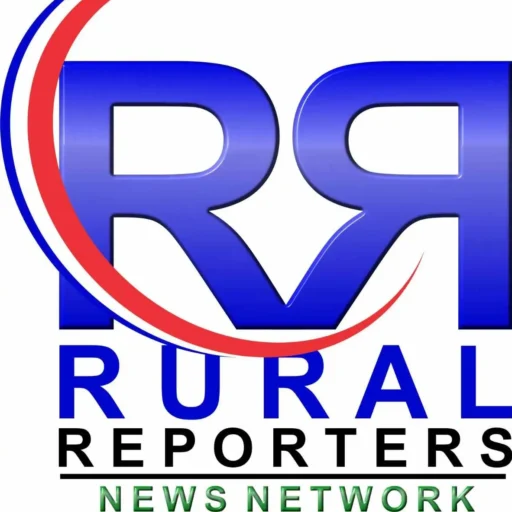By Joy Mardea Moore
The NGO Coalition of Liberia is demanding immediate government intervention on the influx of Burkinabes in Nimba, River Gee Grand Gedeh Counties, noting that the unchecked influx of foreign nationals from Burkina Faso and Ivory Coast continues to fuel deforestation, land conflicts, and rising tensions in rural communities.
The Coalition warns that failure to act swiftly could lead to widespread instability, environmental degradation, and further loss of life amid reports of illegal cocoa farming, mining, and violent clashes, mainly in Grand Gedeh and River Gee Counties
At a press conference held on Wednesday, April 2, 2025 at the Coalition office in Duazon, the 23 members coalition, including Liberia Forest Media Watch (LFMW) and Journalists for the Protection of Nature (JPN), called on the government to take decisive action to regulate illegal migration and protect Liberia’s forests and land resources.
According to the National Facilitator of the Coalition, Mitchell Brown, primary forests are being cleared at an alarming rate to make way for cocoa farms and mining, severely impacting biodiversity and the livelihoods of local populations.
Mitchell said the situation is particularly dire in the Grebo-Krahn National Park, where conflicts between traditional leaders, forest rangers, and foreign settlers have escalated, putting both protected lands and human lives at risk.
The Coalition, in its press statement, raised some critical concerns about what steps is the government taking to control the influx of foreign nationals engaged in illegal land use, adding, the unregulated arrival of Burkinabe and Ivorian’s settlers is fueling tensions over land ownership and increasing the risk of violent disputes.
The Coalition wants government to take decisive action to regulate immigration and protect communities from displacement. The NGO Coalition is also concerned about how government will safeguard Liberia’s forests from illegal cocoa farming and mining.
Without immediate intervention, Liberia risks losing vast stretch of its natural resources to illegal agricultural expansion and destructive mining activities, and crucial forests carbon sinks and biodiversity hotspots are rapidly disappearing, with no clear enforcement of environmental laws, the Coalition noted in its statement.
Flanked by members of the management team, the National Facilitator, Mitchell Brown called on the government to state measures that have been taken to prevent further land conflicts and loss of life?
The Coalition used the occasion to disclose violent confrontations among the locals and Borukinabes on one hand and among the locals themselves on the other hand. These confrontations, the Coalition said have led to one fatality due to land disputes.
The Coalition is also demanding answers on why immigration enforcement remains weak, and how hundreds of undocumented foreign nationals could settle in Liberia without government oversight or regulation. The lack of border security and immigration controls raises serious concerns about governance, accountability, and the potential for deeper social unrest, the Coalition emphasized.
“The government must provide clarity on ongoing investigations into violent clashes and alleged deaths. Communities deserve to know whether the rule of law is being upheld and whether those responsible for violence and illegal land grabs will face justice”, said Mitchell.
In his concluding statement, the Facilitator said regional cooperation is key in the fight against illegal migrants, saying, the influx of foreign nationals is not just a domestic issue, but also regional challenge that requires diplomatic coordination to prevent further unregulated migration and land disputes.
The NGO Coalition of Liberia is a network of local non-governmental organizations committed to promoting good governance in natural resource management through transparency, accountability, rule of law, equitable benefit sharing, and ecological sustainability. Established in 2003, the Coalition serves as a watchdog, advocating for responsible resource use that benefits both present and future generations.




1 Comment
Can you be more specific about the content of your article? After reading it, I still have some doubts. Hope you can help me.